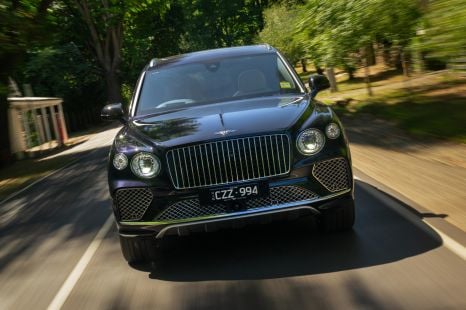

Josh Nevett
2025 Bentley Bentayga review
5 Days Ago

Journalist
Toyota is preparing to go electric-only in Europe by 2035 — in line with EU mandates — and is preparing a new Euro-exclusive platform to help smooth the transition.
The automaker told Automotive News Europe and other news outlets the new architecture will combine elements from the e-TNGA platform used for the bZ4X and Subaru Solterra, and the GA-C small car platform (pictured above) that serves as the basis for the current Corolla, Corolla Cross, C-HR and Prius models.
The new architecture will be known as E3, which is said to stand for “emotion, engagement and energy”, and will support hybrid, plug-in hybrid and all-electric drivetrains.
“We are convinced that the journey to carbon neutrality will not be only electric, it will be eclectic – that is to say, it will embrace multiple technologies and fuels which all lead to the same destination,” Matt Harrison, Toyota Europe CEO, told the industry publication.
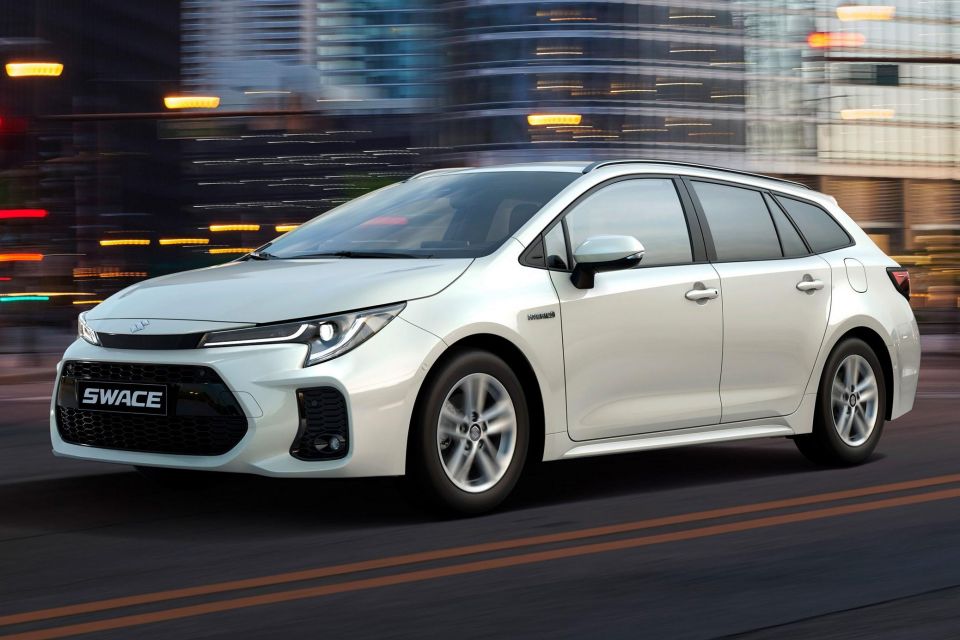
The automaker is taking the unusual route of adding an extra architecture to its portfolio so it can dynamically adjust its European production between the various levels of electrification, according to market demands.
It’s not entirely clear which vehicles will use the new E3 platform, and how distinct they will be from models offered in other markets. European replacements for the C-HR, Corolla and Corolla Cross are mooted to be based on E3.
From the middle of the decade Toyota’s factories in Burnaston, UK, and Adapazari, Turkey, will be the first to make vehicles using the E3 architecture. These two plants currently produce the C-HR crossover, and Corolla hatch, sedan and wagon for Europe and nearby markets.
Toyota’s factories in France and the Czech Republic produce smaller vehicles, such as the Yaris and Yaris Cross, while its plant in Russia makes the Camry and RAV4 for Eastern Europe.
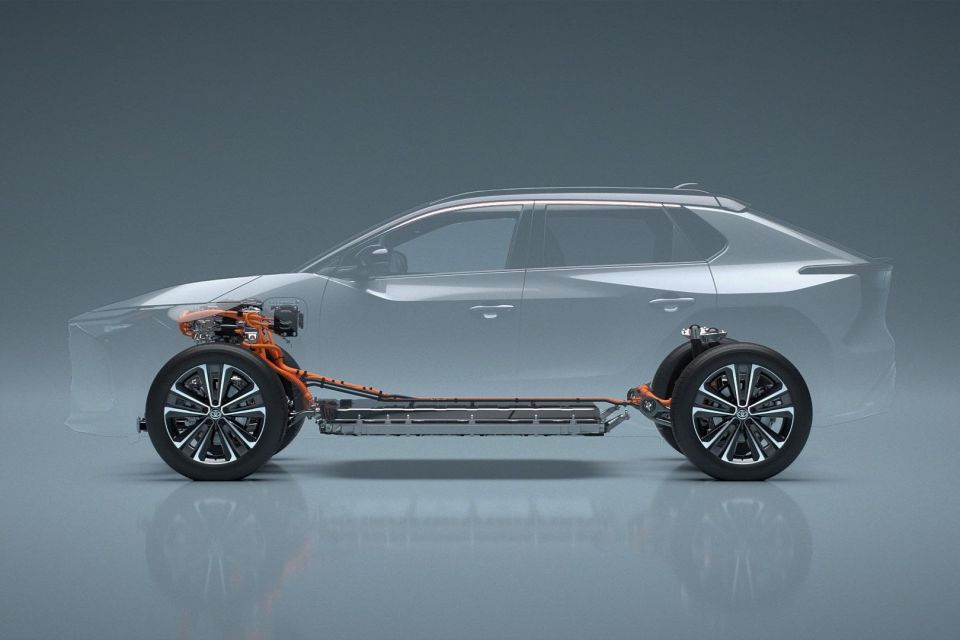
At present, Toyota has no plans on producing vehicles on the EV-only e-TNGA architecture at any of its European factories. All e-TNGA-based vehicles, such as the bZ4X crossover, will be fully imported from Japan.
Toyota expects 50 per cent of its European sales to be pure EVs by 2030, and with European regulators looking to ban the sale new cars with internal combustion engines by 2035, the company says it is ready to be fully electric on Continent by that date.
Where expert car reviews meet expert car buying – CarExpert gives you trusted advice, personalised service and real savings on your next new car.
Derek Fung would love to tell you about his multiple degrees, but he's too busy writing up some news right now. In his spare time Derek loves chasing automotive rabbits down the hole. Based in New York, New York, Derek loves to travel and is very much a window not an aisle person.


Josh Nevett
5 Days Ago
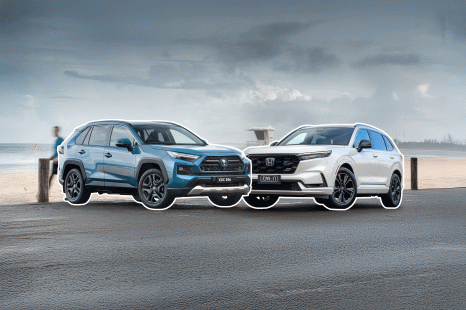

Andrew Maclean
5 Days Ago
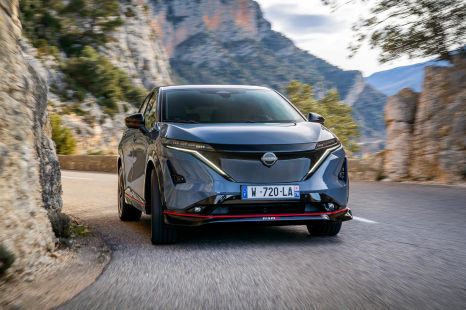

Shane O'Donoghue
4 Days Ago
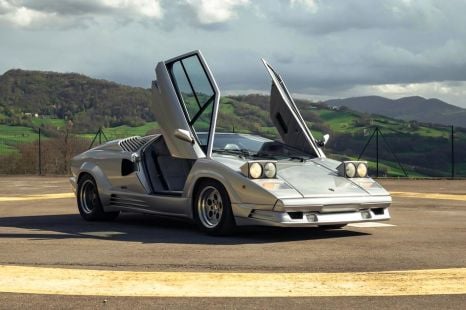

Anthony Crawford
3 Days Ago


Matt Campbell
2 Days Ago


James Wong
1 Day Ago